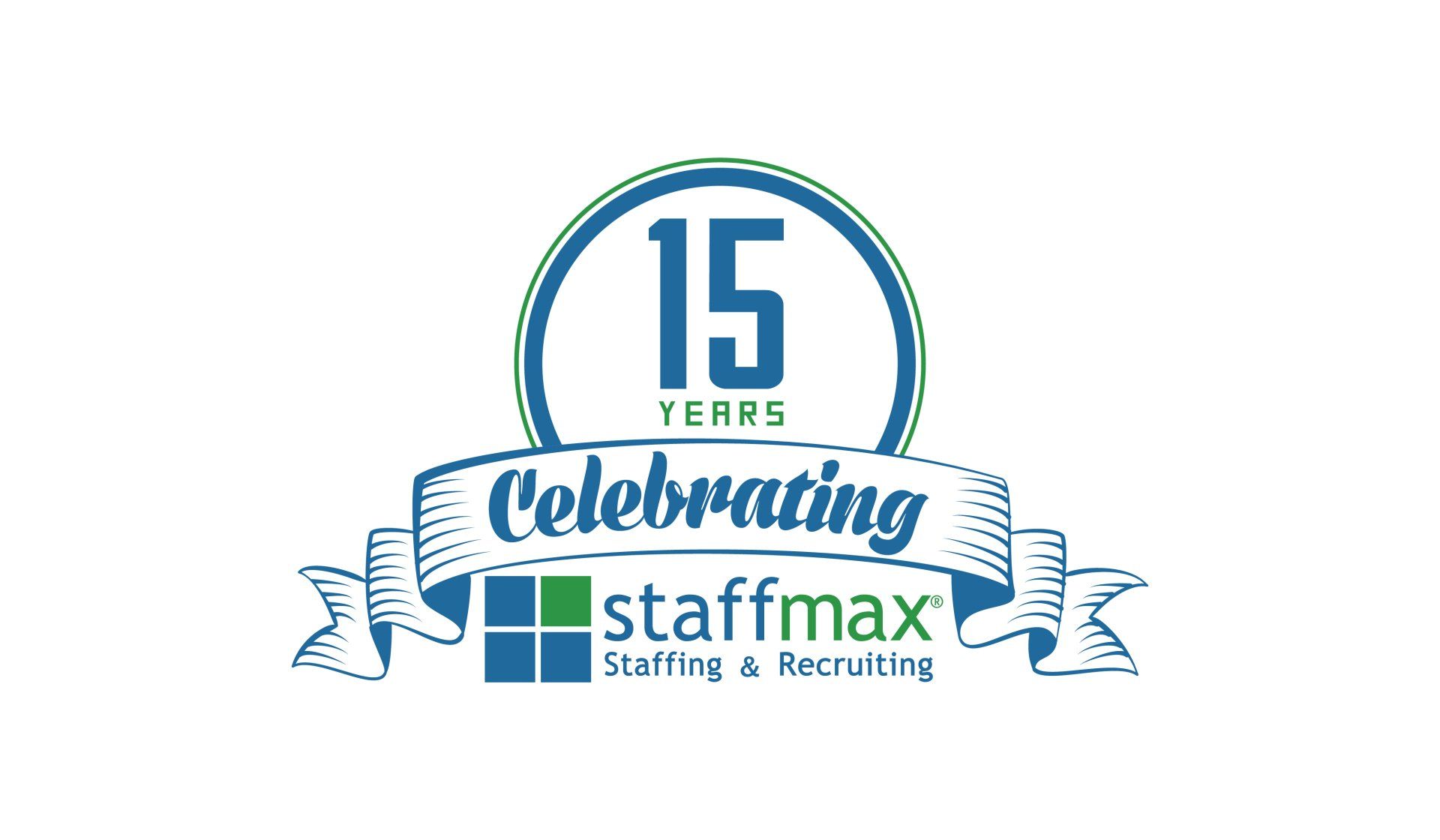Tips for Surviving the Modern Interview Process
By M.A. Smith via Top Resume

These days, interviews aren’t just one and done. Here are some new methods companies are trying out.
Say goodbye to stuffy boardrooms and executives staring you down across conference tables; interviews are changing to meet a new pattern in technology, applicant personality, and company structure. They are becoming longer and more involved than they used to be. Executives have learned that hiring the wrong people can be extremely costly and by customizing the interview process, they can select better candidates.
Here are the top five new methods companies are using to select their new employees.
Video screenings
Hiring managers use phone interviews to weed out unlikely candidates early in the selection process. This is similar to an ATS screening out candidates' resumes. They only have spots for, let's say, 10 candidates and want to interview the best potential employees. But phone interviews don't tell them all they need to understand about applicants. Video interviews are now replacing phone interviews in the early stages of the process. Video interviews let hiring managers screen more candidates in less time and give a bird's eye view of the person before bringing them in for a formal interview. A video screening can seem intimidating, but we've got some video interview tips to make it a breeze.
Tips for nailing your video interview
- Treat video interviews exactly the same as formal interviews and prepare as such.
- Use the time to sell yourself; focus on your best qualities.
- Dress professionally; don't think this is a casual meeting.
- Print out a script or outline to help you answer common screening questions.
- Practice for the interview with friend and family or at the local college's career center.
Multiple interview rounds
Hiring managers and executives learned the hard way that one interview isn't enough. They want to get to know the candidates and putting them through a series of interview rounds can help with that. Some companies even have you interview with higher profile management as you progress through the hiring process. The first interview – assuming they didn't have a phone or video call pre-screening – will determine whether you are a good fit for the company. Questions will be mostly basic to determine your experience, skill level, and education. The next series of interviews will include more senior executives. They will focus on the specifics of previous accomplishments. This is where “the color of your tie” comes into play.
Tips for getting through multiple interview rounds
- Find out who you're meeting with in advance, and do your homework on each person. LinkedIn is a great resource for this.
- See if you're comfortable with the employees and environment.
- Draw attention to your accomplishments and abilities.
- Follow-up with a letter of appreciation and verify information during the interview.
- Take notes and ask questions.
Interview tests
Yes, we know; you thought that school was over and final exams were history. Some companies now want you to prove you can do what you claim. They no longer want to take a chance and allow strangers to eat up valuable time and money with inaccurate statements. There are a number of different types of interview tests companies may administer to try to weed out imperfect candidates. Some tests focus on specific abilities and skills. Many popular tests assess your ability to think outside the box and come up with ideas in a crunch.
Tips for acing interview tests
- Go to sleep early and eat a good breakfast.
- Give yourself enough time for each question.
- Study your skills and determine the ones you need to practice.
- Go with your gut instinct; your first guess often the right one.
Sample projects and interview assignments
Similar to tests and probationary periods at work, sample projects or interview assignments allow hiring managers to gauge your actual skills in action. Typically your potential boss will assign a project similar to tasks you'd coordinate in the role. Assignments are also a good way to test a candidate's commitment to the company. These tasks often are more important than the actual interview. Some are paid projects, others are unpaid. Some companies may also assign real clients and company-contracted projects, plus assign you to a manager for guidance.
Tips for effectively completing your interview assignment
- Research all aspects of the project before starting.
- Ask questions and take notes; make sure you understand the project before leaving.
- Think outside of the box, but always follow directions to the letter.
- Turn your homework in on time, and include a professional presentation.
Test runs
The hiring process is complete, all executives think you're the star candidate. Next, they may ask you to do a test run. One of the most difficult and rewarding interview steps is the probationary period. This period lets the company get to know you on a more intimate level, gauge your skills and abilities in action and see if you are comfortable with the corporate environment. This is the most crucial interview stage. This is the make it or break it phase. Supervisors often are stricter and give harder assignments during the probationary phase.
5 steps to getting through the probationary phase
- Listen to your team members and accept advice.
- Communicate with your superiors.
- Watch the clock and follow all deadlines and directions.
- Calm down and allow your nerves to rest.
- Hold off on interpersonal quests during probation.
Interview takeaways
Whether your dream job follows the standard interview practice or gives you a ten-page essay to write, the most important factor is to learn from everything you do. Think of each interview and stage as a training session. Yes, you're trying to get the job of your dreams. But don't forget to take away information for future scenarios. At the end of every interview set down and ask yourself three questions:
- Did I follow my script and outline?
- What mistakes did I make?
- What could I have done better?
Take notes and learn from this. Whether you get the job or not, every interview counts as a stepping stone in the right direction.













